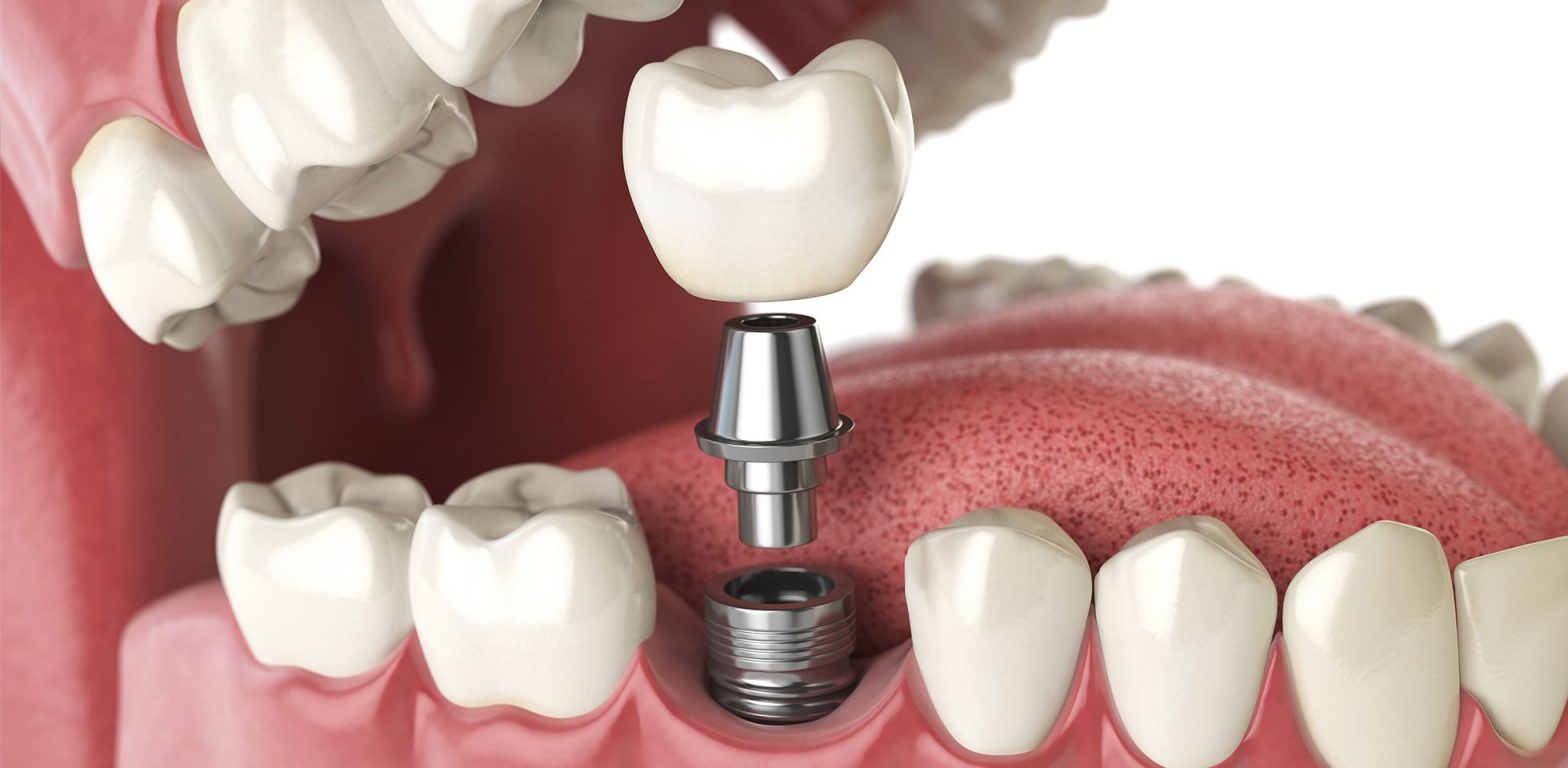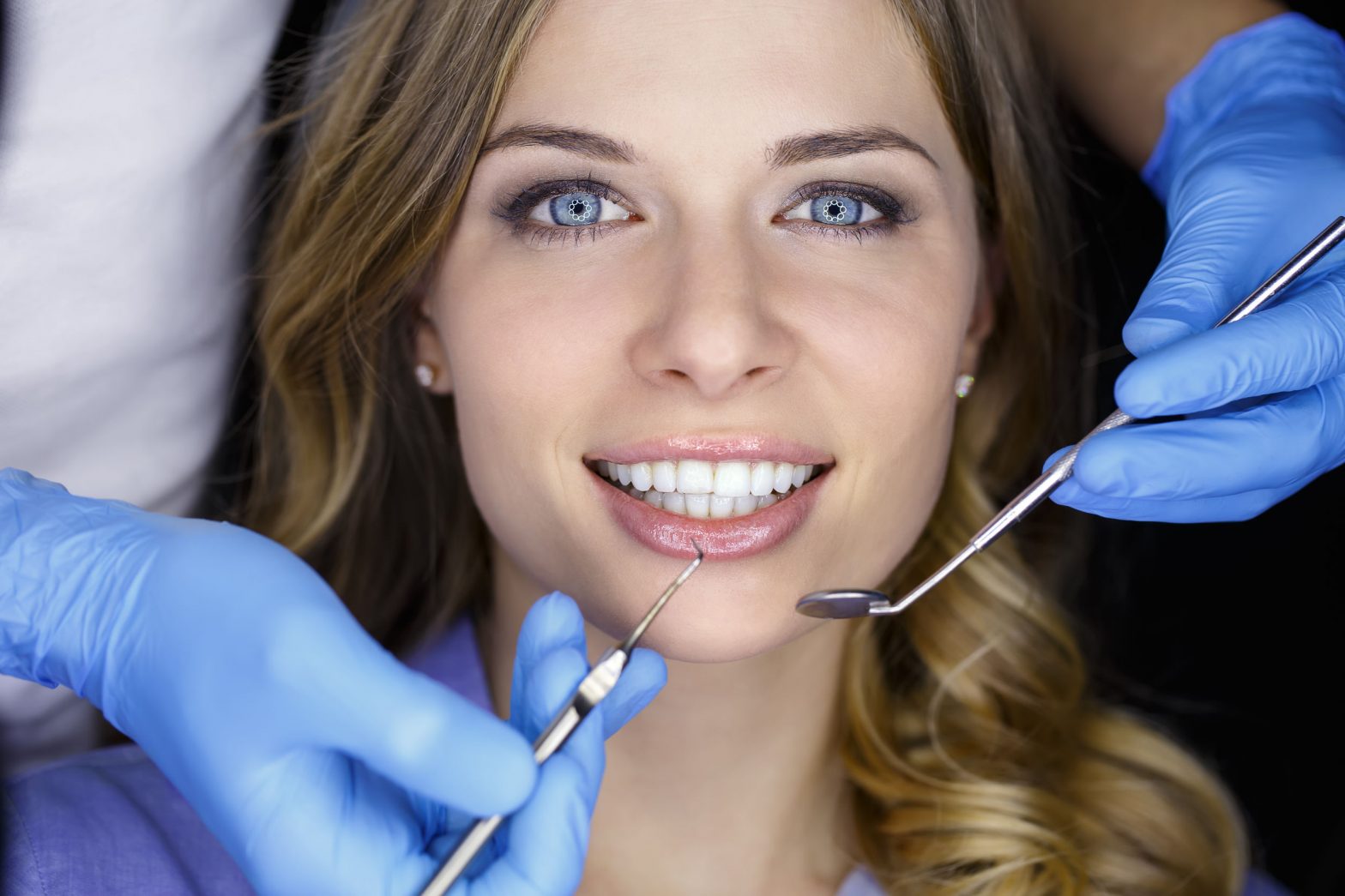We can inherit many things from our families—our looks, our personality traits, and even our likelihood of having certain illnesses. Have you ever wondered how much heredity impacts your smile?
It turns out, there are many connections between the genes you inherit and the health of your mouth. Below are a few of the connections that researchers have uncovered.
The Risk Oral Cancer
Smoking and drinking are two of the biggest factors that are linked with oral cancer, but the condition can affect those who don’t drink or smoke. Oral cancer kills more than 200,000 people in the country every year. The chances of getting oral cancer increase with age and men are twice as likely to get it as women. With early detection and treatment as your best chance, it’s important to be checked for oral cancer regularly.
Your genes could play a role in your likelihood of getting oral cancer. In particular, a pair of inherited genetic mutations were discovered to be linked to the disease:
- Dyskeratosis congenita – A disorder that carries a high risk of oral cancer developing at an early age
- Fanconi anemia – An inherited blood condition that is linked to the development of leukemia early in life. Those with this disorder are 500 times more likely to develop oral cancer.
Gum Disease
Genetics is one of the factors the American Dental Association lists as a contributor to having an increased chance of developing gum disease. Gum disease begins as gingivitis, which is easily treatable, but if neglected can escalate into periodontists. More than 45% of the US population is affected by gum disease, which can cause bone and tooth loss, and is linked to numerous other medical issues.
Symptoms to watch for include:
- Gums that bleed, or are red and swollen
- Gums that have receded away from the teeth
- Persistent bad breath
- Teeth that are loose or moving
- A change in how your bite closes
Misaligned Teeth
Some causes of crooked teeth include thumb-sucking, mouth-breathing, poor diet, and other factors. Bad oral hygiene habits can be involved as well if a child wasn’t instructed properly. As with the other items on this list, genetics can play a role, too. Depending on the parents, a child can have an abnormal or smaller than usual jaw, leading to an increased chance of crooked teeth. This can be seen in overcrowding, underbites, overbites, and gaps between teeth.

Tooth Decay
Tooth decay, the single most common chronic disease in the world, can be influenced by heredity as well. The gene beta-defensing 1 and its variations have been linked to tooth decay, and a team of researchers at the University of Zurich found a genetic mutation that causes defective tooth enamel, making the person more prone to cavities.
For most people, however, avoiding cavities is fairly manageable just by eating a healthy diet and brushing and flossing regularly.
In the future, doctors and dentists may be looking at their patients’ DNA in order to better treat them. “Most chronic diseases appear to be a result of multiple genes interacting with the environment (like poor hygiene),” says Dr. Steven Offenbacher, a co-author of a paper published by the American Dental Association on the topic.
For now, letting Dr. know about your family history of anything related to to the above is the best idea, so that he can keep that in mind when caring for your oral health. Remember that regular check-ups are important for you to stay healthy. Have you scheduled yours? If not, give us a call!



